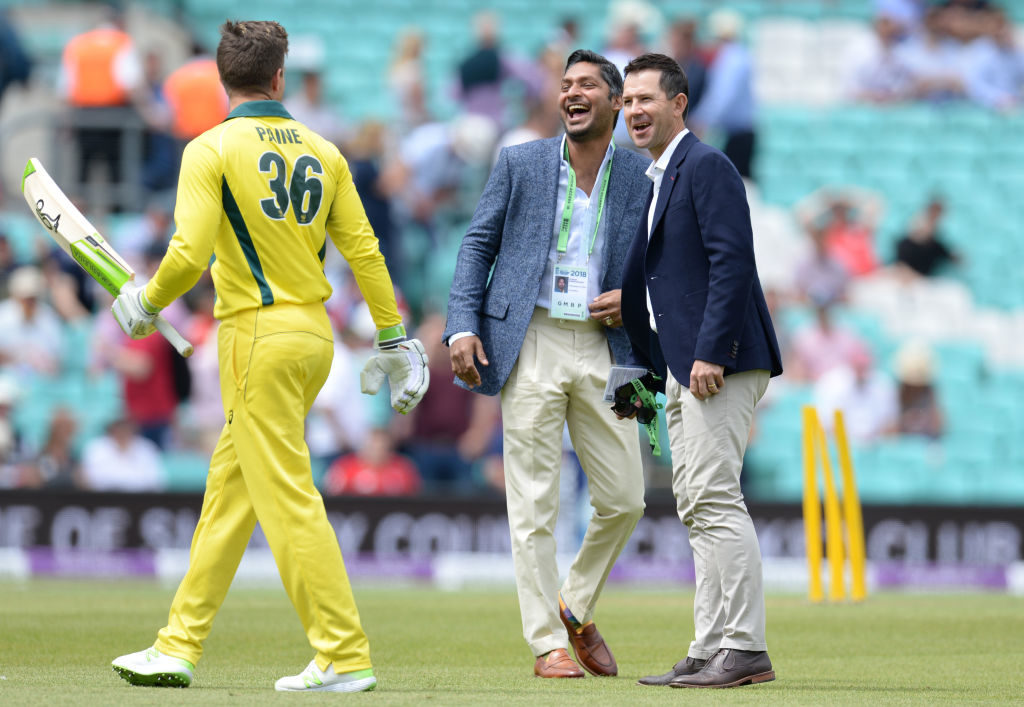Former Aussie skipper Ricky Ponting has backed some innovative changes to improve cricket for players and fans.
One of these solutions is what has been dubbed a shot clock, which runs from the moment a bowler reaches the top of his mark to the moment the over is completed and is aimed at forcing captains to take greater responsibility for over rates in order to speed up play.
‘A shot clock probably seems a little extreme but the [over] rates have declined,’ commented Ponting. ‘At the end of an over, the fielders and the bowler have to be back in position and ready to bowl by a certain time and that’s non-negotiable.’
Ponting also backed calls for run penalties that would be imposed on teams during a match as a more immediate and effective incentive to encourage teams to speed up play.
He was speaking at the end of a two-day meeting held by the MCC World Cricket committee at Lord’s during which they discussed a wide range of issues, including how to speed up play and the controversial topic of ball-tampering.
‘You would imagine captains would then take huge responsibility in making sure their players are in a position to go,’ said Ponting. ‘If, through the course of a game or a day, they’re not in position for three or four overs then that could be 20 runs.
‘Most of the members of the committee, and anyone who has sat on committees around the world for the last 20 years, have been talking about the declining ways of over rates. Once again in all three formats of the game the over-rates have been in decline.’
Ponting stressed that the shot clock would not run during an over but would instead focus on the time taken between overs, as well as when any natural stoppages in play occur.
‘It is not going to be when the bowler is at the top of the mark and is running in because it is obviously hard to gauge and put a certain amount of time on an over to be bowled if there are a few boundaries or whatever that go in the over.
‘It is the dead time in the game, so at the end of the over the fielders and the bowlers have to be back in the position and ready to bowl at a certain time. That is a non-negotiable. The same with the new batsman coming to the crease – the bowling team has to be ready when the batsman gets there and he has had a certain amount of time.
‘We didn’t come to a conclusion about what was right or wrong, but I would agree that the financial fining of players at the end of the Test match hasn’t been actually administered very often certainly through the last 12 months. We are of the belief that maybe a there-and-then run penalty in the game will be definitely worth looking at.
‘We imagine then captains will take huge responsibility in making sure that their players are in a position to go through the course of the day if they are not in a position for three or four overs and there are 20 runs, which as we saw last week can be the difference in a Test match,’ added Ponting.
Sources: ICC, Reuters, Cricinfo
Photo: Philip Brown/Getty Images







